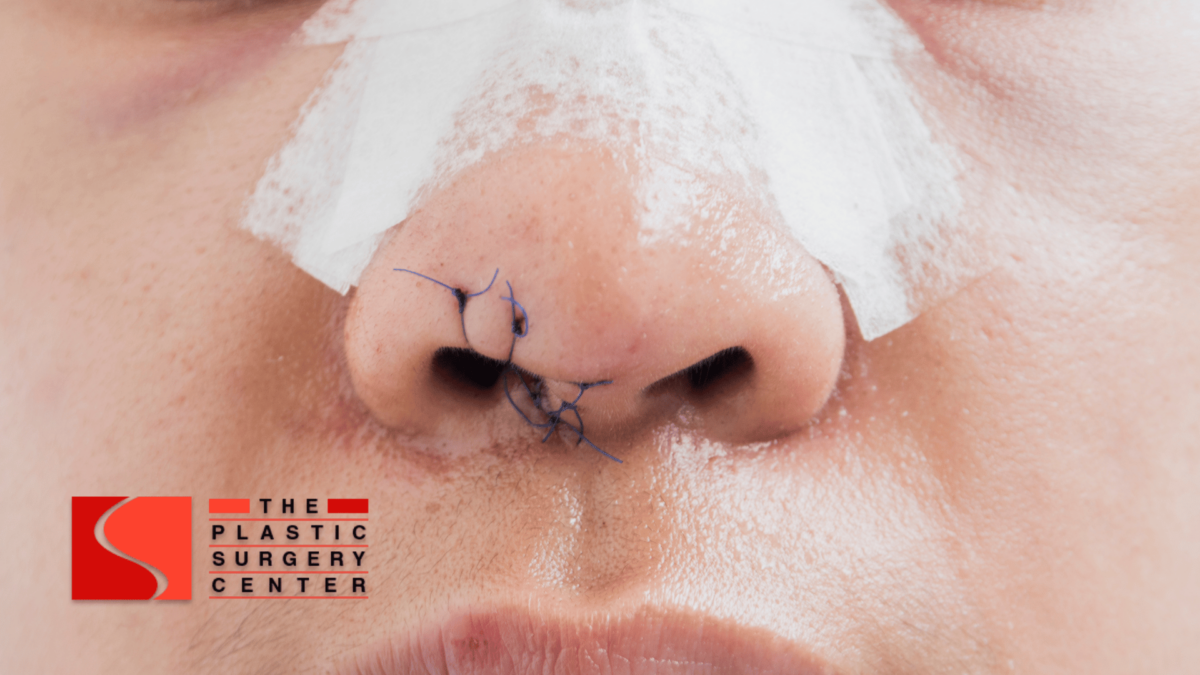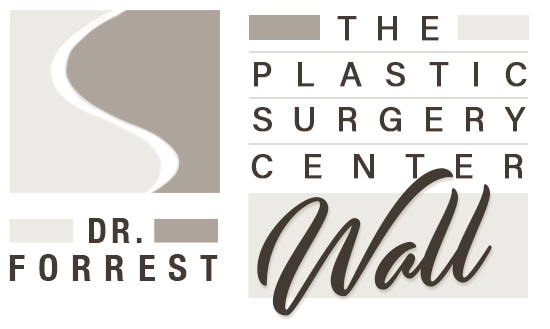One of the most common questions we are asked, as plastic surgeons, is, “Will insurance cover plastic surgery?” There are no set-in-stone, yes or no answers here, unfortunately.
Many assert this question when they start considering elective, cosmetic, or corrective surgery. Unfortunately, the answer is not a simple yes or no. Insurance companies will look into many different aspects of the requested procedure before deciding if they will provide payment.
Anything covered by insurance may be subject to the plan’s deductible. Most patients don’t understand, upfront, that there are alternative payment strategies. Insurance may cover the initial portion, but the remaining balance of the plastic surgery could fall on the patient. A good example of this is co-pays and co-insurance.
Anyone looking into plastic surgery options should understand the possible monetary aspects, as well.

Does Insurance Cover Plastic Surgery?
Typically, if plastic surgery is purely for cosmetic reasons, no. However, there are many instances where a procedure that is technically plastic surgery will also serve a necessary medical purpose.
Additionally, the type of health insurance has a significant impact on whether your provider will pay for any procedure. If the surgery is covered by insurance, you may be among a small group of people who receive insurance-backed plastic surgery.
Questions that Determine Insurance Coverage for Plastic Surgery Procedures in Shreveport
Most insurance companies use the following questions to decide if they will cover any part of the procedure:
- Is plastic surgery purely cosmetic?
- Is the operation for reconstructive purposes?
- Will the surgery provide an essential function to your body?
- Will the surgery provide critical value to your quality of life?
These questions help insurance companies determine whether it is or is not covered by insurance. Oftentimes, plastic surgery as an umbrella term includes only a small part of procedures covered by insurance.
When physicians break plastic surgery down into groups of cosmetic surgery and medically necessary surgery, a different perspective arises.
Cosmetic surgery is almost never covered by insurance. However, insurance providers will oftentimes cover medically necessary surgeries, if not in full, in part.
The initial concern that most insurance companies have is that the surgery is not just cosmetic. But, reconstructive in some way. Insurance providers have strict rules and don’t accept “confidence boosts” as a means of medical necessity.
While cosmetic surgery shapes or alters the typical structure of your body, reconstructive surgery is different. Reconstructive surgery is a surgery that corrects damage to your body to improve primary function or appearance.
Reconstructive surgery usually helps to repair the image of a person after trauma, disease, tumors, developmental variances, and other similar instances. To find out what is covered by insurance, you need to do a little more evaluation into what the purpose of your surgery is. Typically insurance will cover plastic surgery in these cases.
When Does Health Insurance Include Plastic Surgery Coverage?

There are health insurance options for some plastic surgery procedures. When plastic surgery is covered by insurance is typically when a doctor believes that the procedure is necessary or that it’s vital to recover from a traumatic event, injury, or illness.
In most cases, insurance will cover reconstructive plastic surgery after the loss of a significant body part, such as a breast. Those who experience the removal of a breast through battling cancer have this option through their insurance.
The Women’s Health and Cancer Rights Act of 1998 (WHCRA) is a federal law that provides protection to patients who choose to have breast reconstruction in connection with a mastectomy surgery and reconstruction of the other breast to produce a symmetrical appearance.
Another typical scenario is a doctor sighting that a deviated septum is impacting the patient’s life. Most insurance policies will cover reconstruction surgery of the nose for airway obstruction.
If the patient elects to have extra work done, during the repair of the deviated septum (eg. tip plasty), this part of the surgery will be an out-of-pocket expense to the patient. And, therefore the portion of the surgery deemed elective will not be covered by insurance.
How to Understand If Plastic Surgery is Covered by Insurance
Plastic surgery may be covered by insurance if a doctor believes that the procedure is necessary. In some cases, the doctor may provide that it’s reconstructive due to trauma and vital to recovery. In other cases, the doctor might show that the underlying issue is causing a significant impact on your daily life, and plastic surgery would correct that issue.
The best case scenario is that a doctor will speak out for you and inform your insurance company that the surgery is not just cosmetic. This determination would hopefully lead to the procedure being covered by insurance, or at least partially paid for through the insurance company.
An ordinary middle ground that insurance companies reach is to have part of the plastic surgery procedure covered by insurance and the other portion covered through out-of-pocket costs.
Cosmetic vs. Medical Necessity
Plastic surgery is an overarching term that covers both medically necessary reconstructive procedures as well as cosmetic surgeries.
An elective cosmetic surgery procedure improves a person’s appearance. In general, these surgeries do not correct the results of a traumatic event. Therefore, insurance hardly ever covers this type of procedure.
Reconstructive surgery, however, is a procedure that a doctor will recommend to restore or repair the body. A person in a traumatic car crash may require reconstructive surgery to restore the function of certain aspects of the body. A facial reconstruction or hand reconstruction may be necessary for recovery.
Medically necessary surgery is often the reconstructive surgery that a doctor will argue the patient needs. Patients typically don’t need cosmetic surgeries, as the desire is not spurred by an underlying medical condition. Medically necessary surgery comes directly from an impact on your daily life, quality of life, or life expectancy.
Always discuss these differences with your doctor when planning surgery. They can help you understand why you need the surgery and how you can expect it to impact your life. Plastic surgery is not only elective surgery to give you a confidence boost.
There are many instances where medically necessary surgery falls under the umbrella of plastic surgery with a plastic surgeon performing the procedure. If you believe that your surgery falls into this side of plastic surgery, then you need to discuss your options with your insurance provider.
Only your insurance provider can tell you if most or any, of the procedure and aftercare, will be covered by insurance.
List of Examples Likely To Be Covered By Health Insurance

Here is a list of plastic surgery procedures that can be covered by insurance in some cases:
- Abdominal surgery to improve mobility or to eliminate rashes or hernias.
- Breast reduction or size correction, reconstruction due to loss, construction when born with only one breast
- Eyelid surgery to correct vision problems.
- Ear surgery to correct deformities.
- Carpal Tunnel corrective surgery
- Reconstruction of hand for tendon injuries, nerve injuries, and fused fingers.
- Nose surgery to fix breathing problems or correct deformities
- Facial correction to balance the visual appearance of paralysis, such as Bell’s Palsy.
This list is not all-inclusive, and some of these might not be covered by insurance, depending on your coverage. We provide more information here: Is breast reduction covered by insurance?
List of Examples Likely To Not Be Covered By Health Insurance
Although this list could be much longer, we’re addressing the more common requests that don’t go through the insurance claim approval:
- Lip or Butt Injections
- Liposuction
- Eyelid Surgery
- Breast Augmentation
- Fillers
Keep in mind that insurance providers will cover some of these procedures in certain cases. This typically happens because the damage resulted from trauma, a major accident, or is severely impacting the person’s quality of life.
If you believe that you fall into the small percentage of people who should receive these procedures with the bill covered by health insurance, you need to contact your insurance company, every company has its own policies in place that dive into what exceptions they do or do not allow.
Plastic Surgery Covered by Insurance Information
Dr. Forrest Wall is a fellowship-trained and board-certified plastic surgeon. For more information on plastic surgery, or to schedule a consultation, you can contact us at:
Shreveport Center: 318-221-1629
Monroe Center: 318-812-0182
